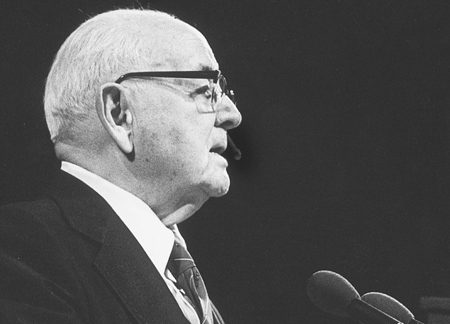
Compare Matthew 16:24-25; Mark 8:34-35; Luke 9:23-24; John 12:25
These verses are summed up, in a way, by Luke 13:33: “Whosoever he be of you that forsaketh not all that he hath, he cannot be my disciple.”
But it’s impossible for me not to think of this passage, as well:
Let us here observe, that a religion that does not require the sacrifice of all things never has power sufficient to produce the faith necessary unto life and salvation; for, from the first existence of man, the faith necessary unto the enjoyment of life and salvation never could be obtained without the sacrifice of all earthly things. It was through this sacrifice, and this only, that God has ordained that men should enjoy eternal life; and it is through the medium of the sacrifice of all earthly things that men do actually know that they are doing the things that are well pleasing in the sight of God. When a man has offered in sacrifice all that he has for the truth’s sake, not even withholding his life, and believing before God that he has been called to make this sacrifice because he seeks to do his will, he does know, most assuredly, that God does and will accept his sacrifice and offering, and that he has not, nor will not seek his face in vain. Under these circumstances, then, he can obtain the faith necessary for him to lay hold on eternal life. (Joseph Smith [?], Lectures on Faith 6:7)

Compare Mark 9:41; Luke 10:16; John 5:23; 12:44-45; 13:20
The principle that whoever receives Jesus’ authorized representatives receives him, and that whoever receives him receives his Father — something of a theological or ecclesiological version of the transitive property of equality in mathematics — is fundamental to the Latter-day Saint view of the Church, or, more specifically, of the Priesthood. (And, in this respect, it’s somewhat reminiscent of the view of the role of priests held in the Roman Catholic and Orthodox and other non-Protestant Christian traditions.)
“Whether by mine own voice or by the voice of my servants, it is the same” (Doctrine and Covenants 1:38).
“For his word ye shall receive,” says the Lord of the president of the Church, “as if from mine own mouth” (Doctrine and Covenants 21:5).
“A prophet needs to be more than a priest or a minister or an elder. His voice becomes the voice of God,” said President Spencer W. Kimball. (Conference Report, April 1970, page 120).
Ending a talk in Church “in the name of Jesus Christ” isn’t just respectful religious end-punctuation. It’s a very serious claim, and it should be approached with solemn reverence and care. Everybody in such circumstances, whether priesthood-holder or not, is capable of speaking on behalf of God and should make every effort to say what would be pleasing to the Lord and according to his mind and will. To do otherwise is — in perhaps a more serious sense than mere profanity — to take the name of the Lord in vain.










